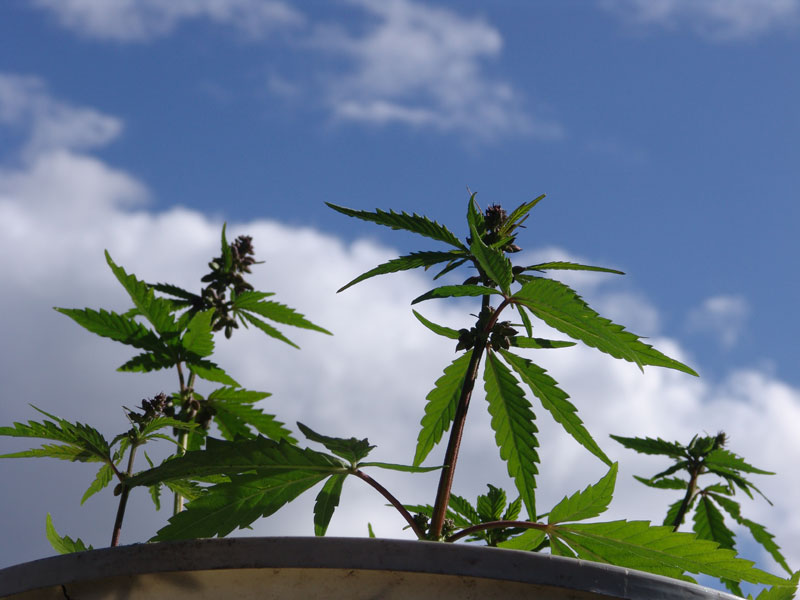Hemp is the term used to describe the industrial, non-drug, uses of cannabis seed, stalk and fibre. More than 25,000 products can be made from hemp: practically anything now made from wood, cotton, soy and petrochemicals.
What’s more, unlike current materials hemp is good for the environment. It can be grown sustainably without the use of chemicals, conditions the soil, and produces more biomass than any other plant, making it a great option for biofuels.
Hemp is now produced in China, Russia, India, Nepal, Hungary, Bulgaria, Italy, Spain, Portugal, Germany, Poland, Romania, Czech Republic, Slovakia, Ukraine, Syria, Turkey, the former Yugoslavia, France, Switzerland, Holland, the UK, Canada, throughout South-East Asia and South America, Tasmania, Victoria and other states of Australia, and since 2004 can now also be grown commercially in New Zealand.
The best option for local farmers is to produce seed for use in the foods and cosmetics industries. Hemp seeds are incredibly high in protein as well as the Omega fatty acids, plus making foods is a lot easier than building a textile mill or biofuels plant. However the Australia-New Zealand Food Authority has banned the use of hemp seeds in foods here, meaning growing hemp is currently uneconomic for many farmers. This policy is being reviewed.
Hemp Fiber
Hemp fiber, made from the stalks of the cannabis sativa plant, is the longest, strongest and most durable natural fiber known. Unlike it’s cousin marijuana, Hemp contains no THC and is suitable for apparel, accessories, upholstery and building construction, with higher quality yarns constantly being developed. Hemp cloth can be dyed using current techniques for natural fibers.
Hemp screens out around 95% of harmful UV-rays, and has excellent breathability and humidity absorbtion qualities. Paper made from the inner stalks (hurds) will not yellow or go brittle with age; it also needs no bleaching and may be recycled more times than wood pulp-based paper. The cultivation of hemp requires very few fertilisers or pesticides and so is better for the environment than nearly any other crop. Hemp is ecologically sustainable and actually conditions the soil where it grows. We can expect to see more natural-fibers in use and a movement away from synthetic fibers as concern for the environment grows.
Hemp typically yields between three and five tons per acre.
Hemp Seeds
Hemp seed oil contains many fatty acids essential to human health, and a high proportion of amino acids in ratios appropriate for human consumption. The seed could substitute for meat in much the same way as soybeans do, and is the highest natural source of edible protein. Hemp seed oil can be used to make most things now made by petro-chemical industries (including powering cars).
A typical seed crop yields 20 to 30 bushels per acre, or about 400 to 600 kgs.
More information

